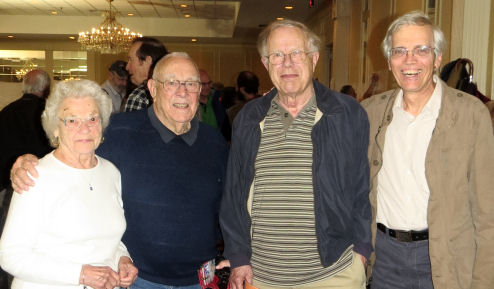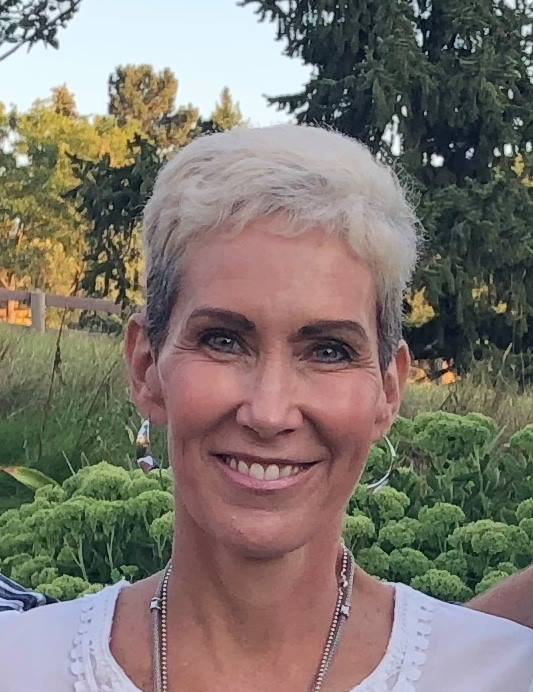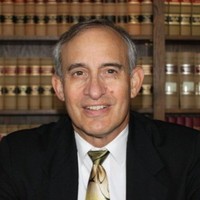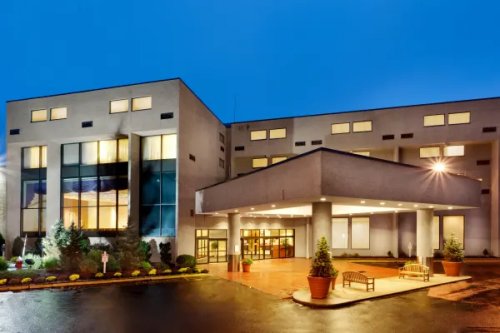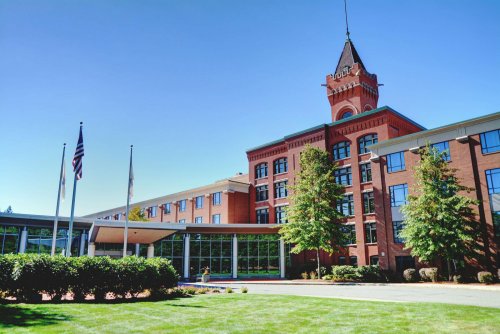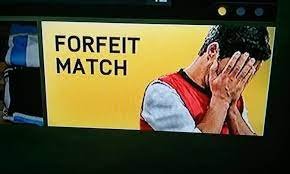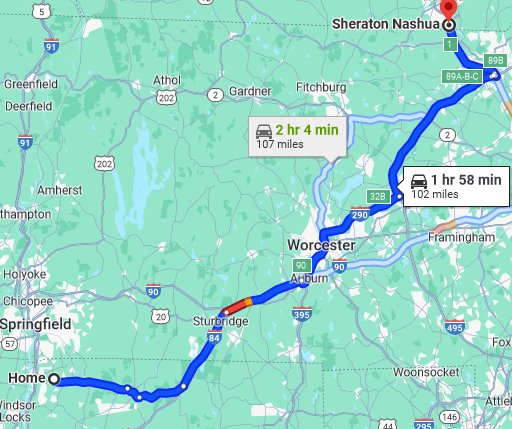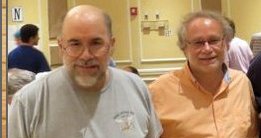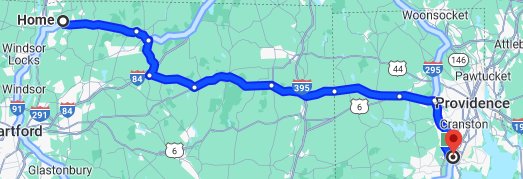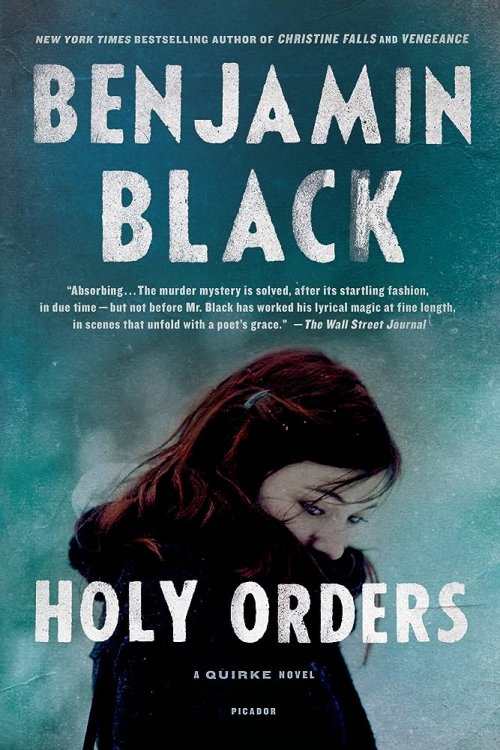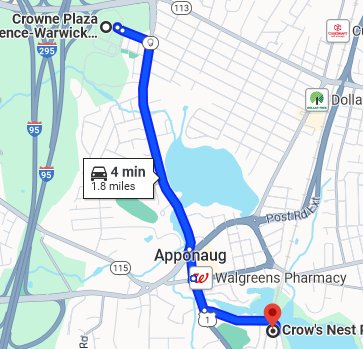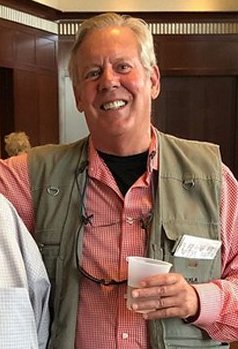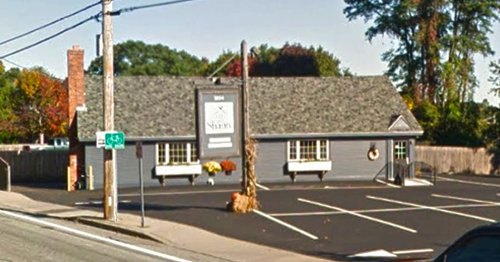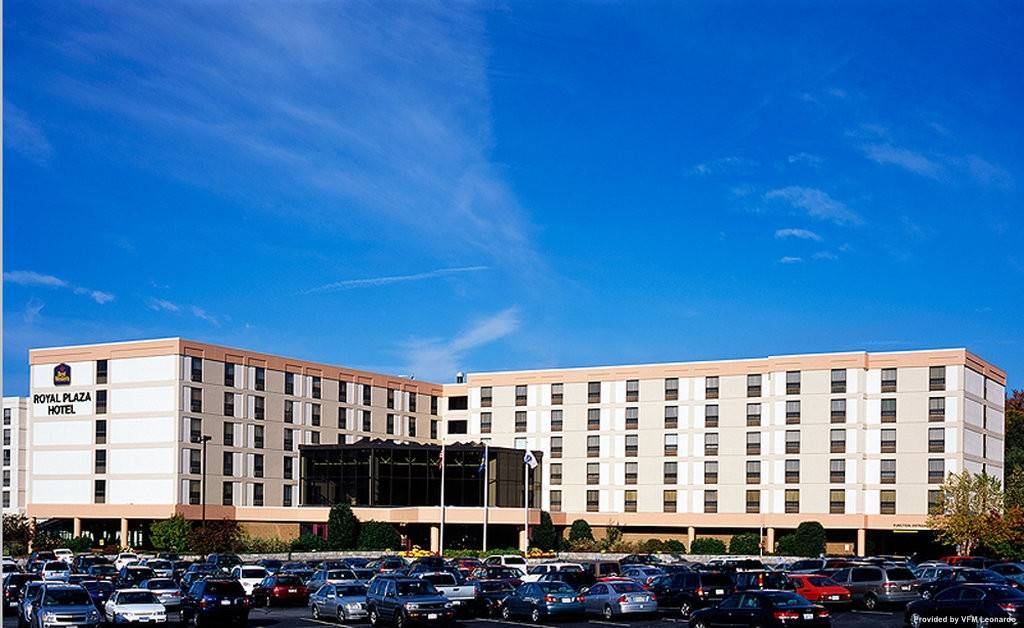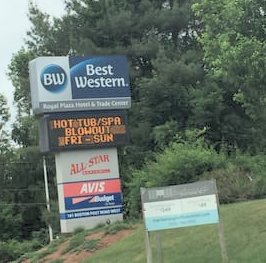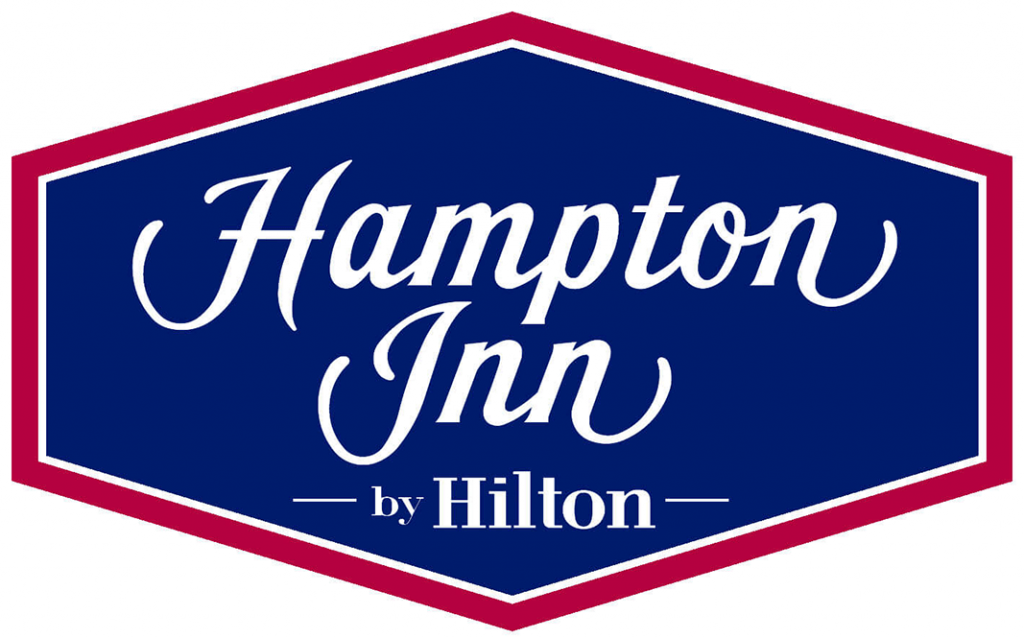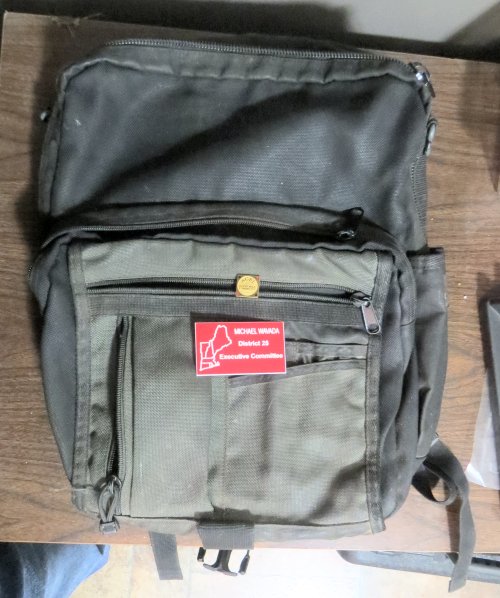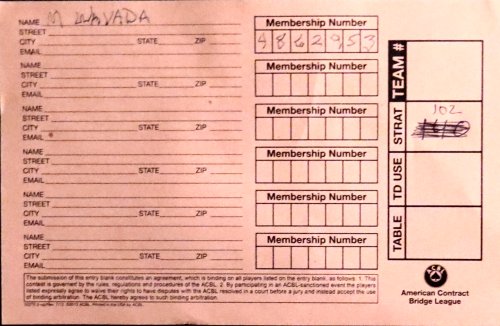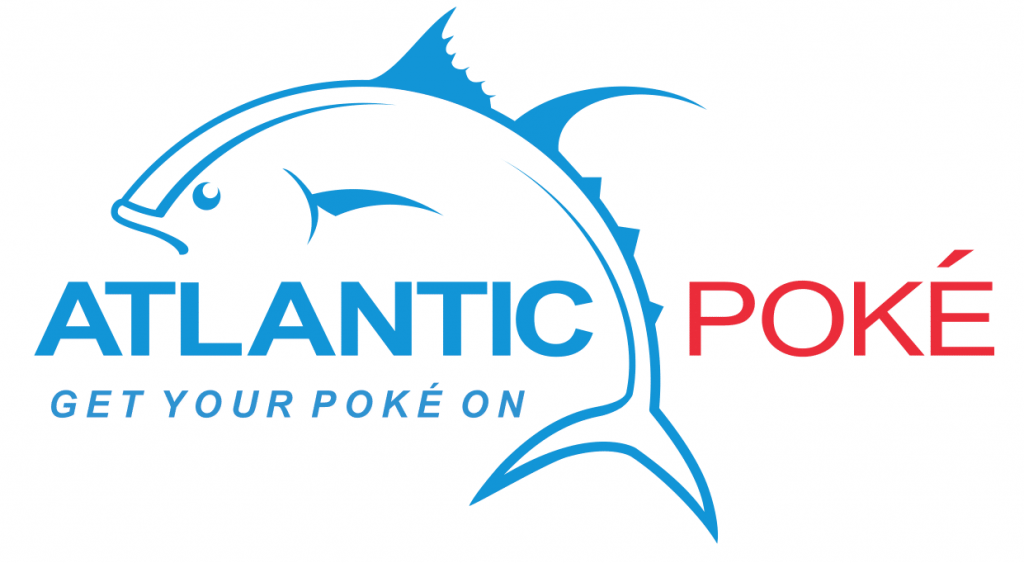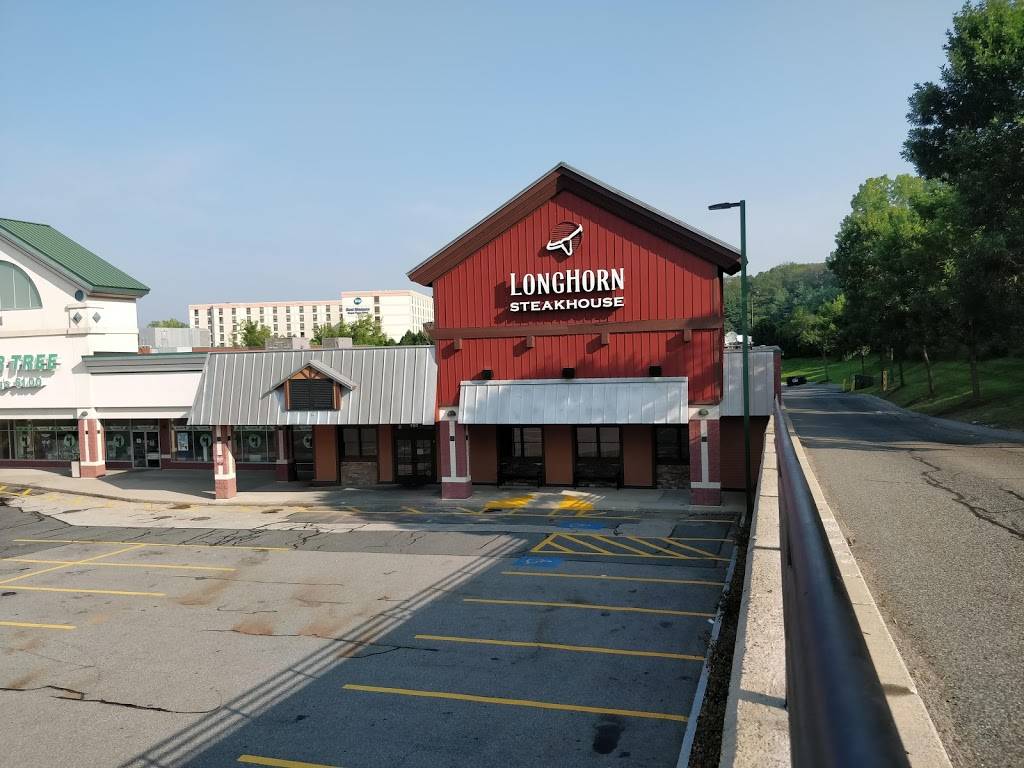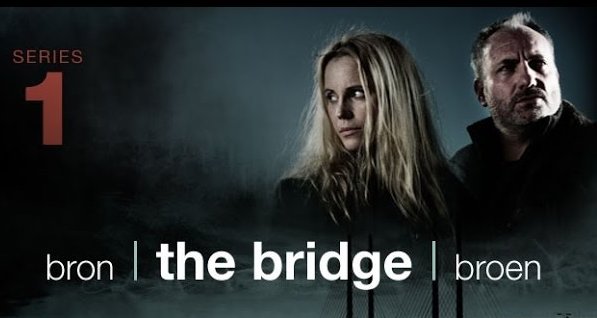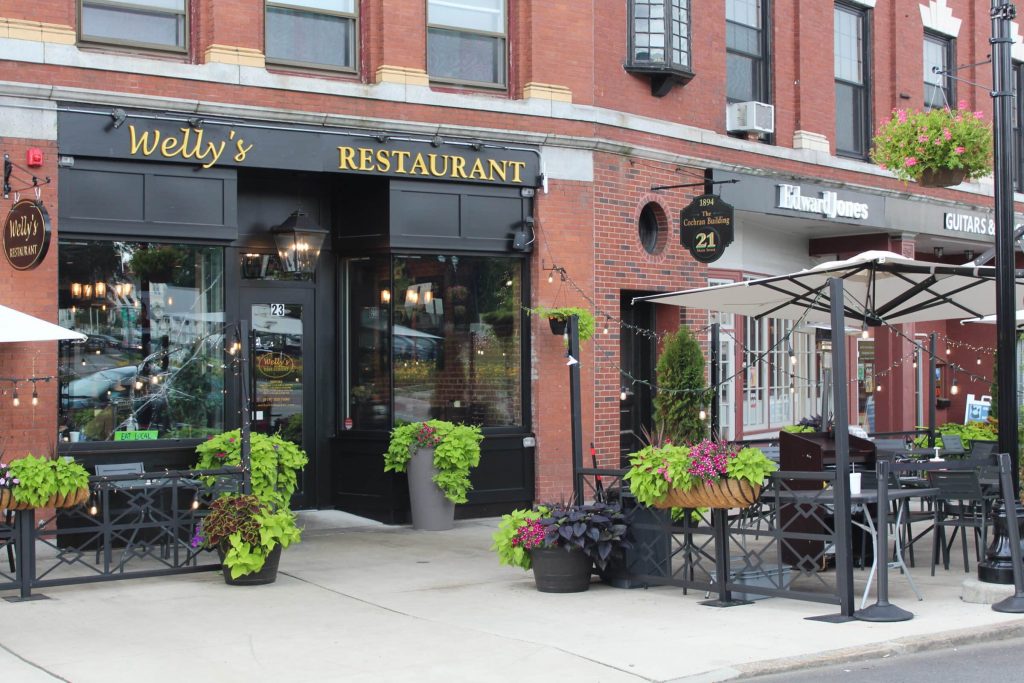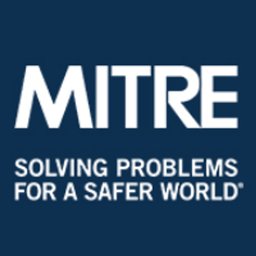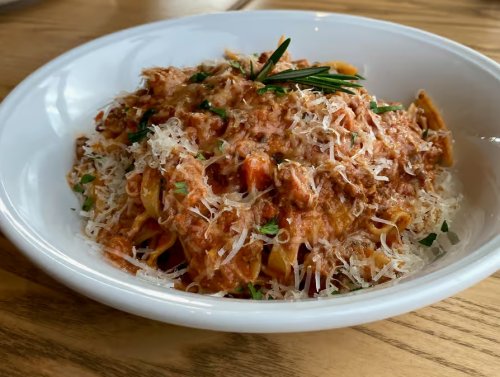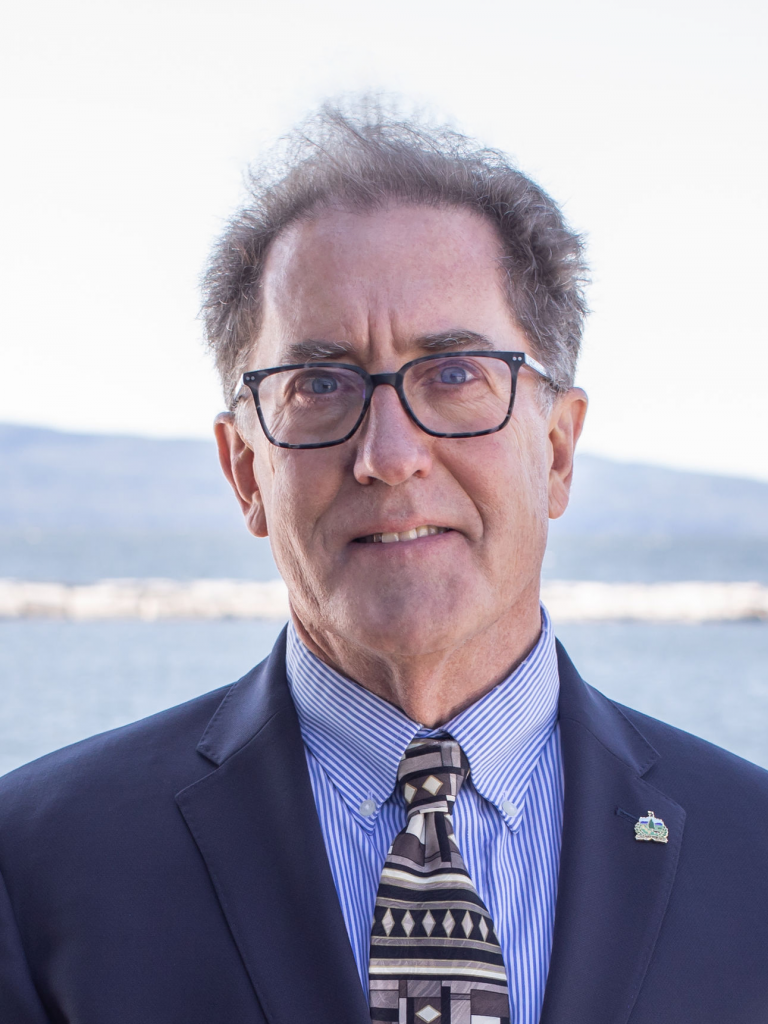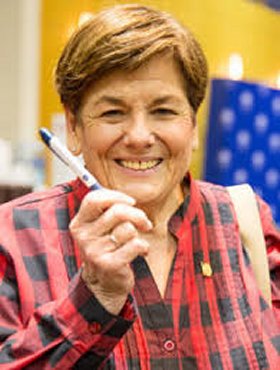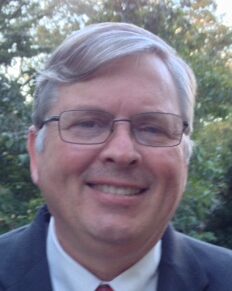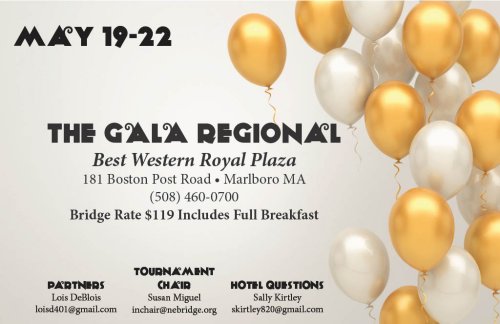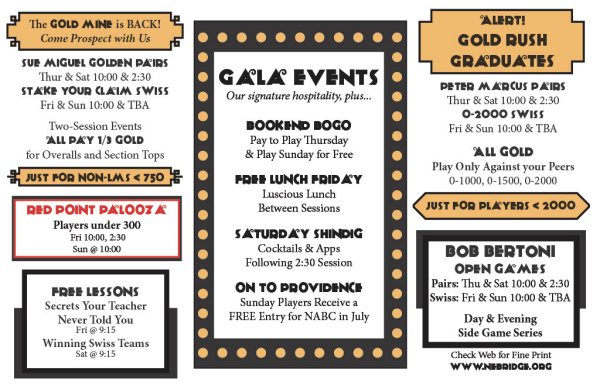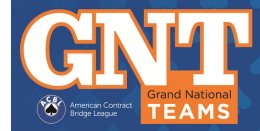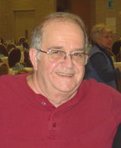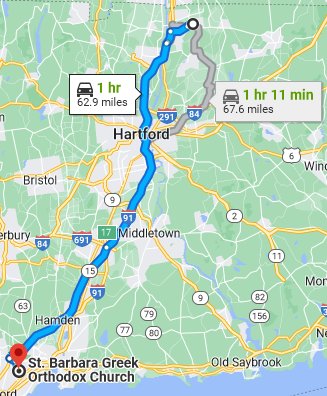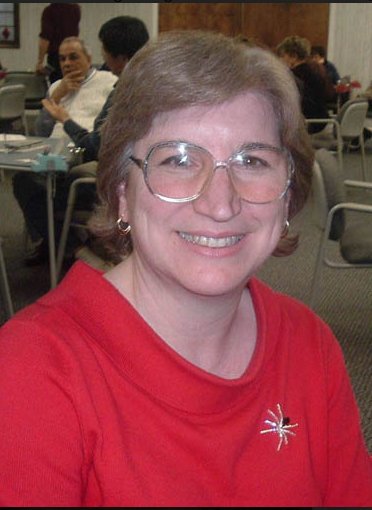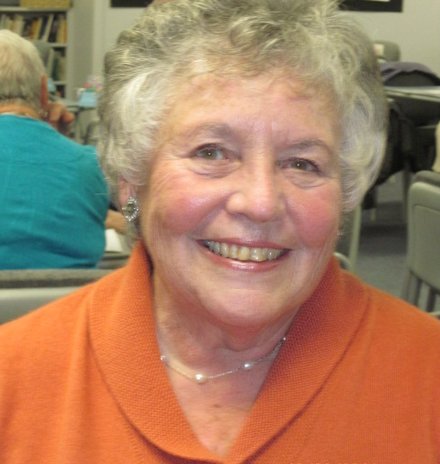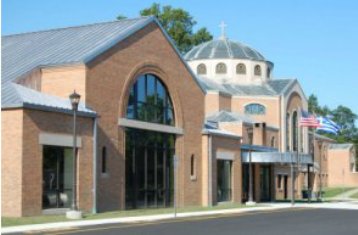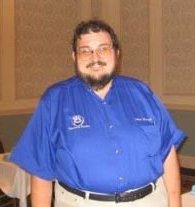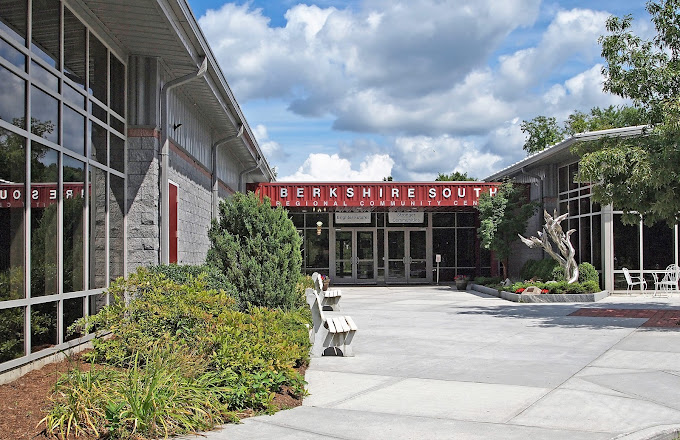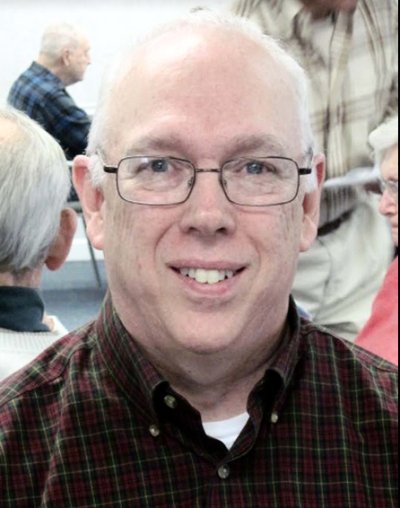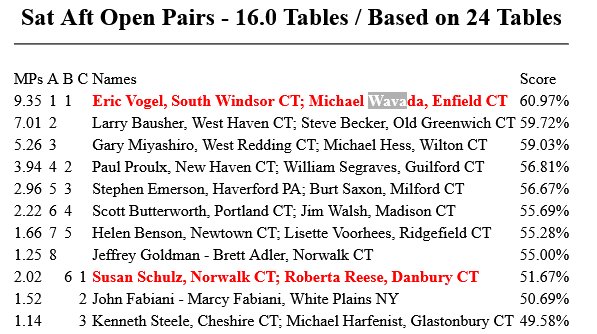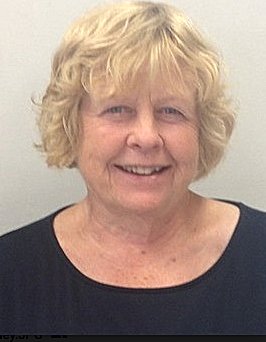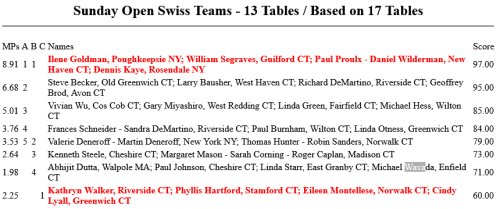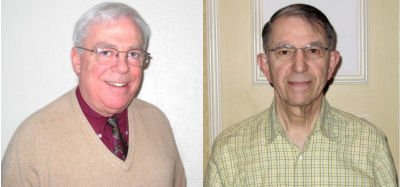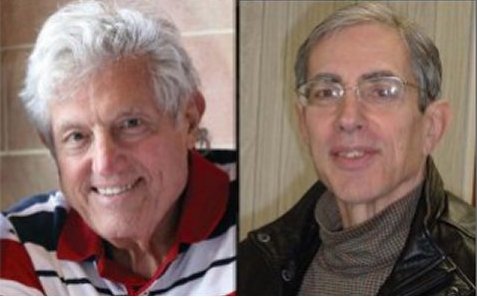Silver-point tournaments in 2023. Continue reading
The problems: Unit 126 of the ACBL, i.e. Connecticut, ran three sectionals in 2023. All three were held at St. Barbara’s Greek Orthodox Church in Orange. I attended two of them. The third was scheduled at the same time as the sectional in Great Barrington, MA. Since I had already made commitments to play in that event, I did not go to the Orange sectional in August.
How, you may ask, could such a thing happen? Aren’t Connecticut and Western Mass (Unit 196) adjacent, and is not the scheduling of competing sectionals in adjacent units prohibited.
The heart of the problem is that the unit has not had a tournament manager for some time. Cornelia Guest asked to be relieved of her responsibilities before the Pandemic, and no one had been found in the interim. So, the president, Peter Marcus, had been performing these duties. This was a terrible situation. Peter had three other jobs in the bridge world: Director-in-Chief of District 25, Tournament Coordinator for District 25, President of Unit 126. In addition, he was a very active participant in both of the district’s important committees and he had a firm commitment to attend every New York Mets game.
So, Peter the U126 Tournament Manager selected the dates for the August sectional and sent them to Peter the D25 Tournament Coordinator. The latter Peter ignored the conflict and scheduled the tournament. The U126 Peter later told Peter Samsel, the president of U196 that he would compensate him for lost attendance. I have no way of determining if he did or not. If he did, he probably took it from his own pocket. He often solved problems that way.
The Board of Governors of U126, of which I was a member, did not meet at any of the tournaments. We had one or two Zoom meetings that focused mainly on nominations for the officers for and representatives for 2024.
The other problem is communications. Our emails are decidedly pedestrian. They do a poor job of motivating the players with fewer points to attend. The ones that I composed and sent for the first limited sectional (documented here) brought in fifty-seven tables in one day. Compare those with the figures in the following sections.
April 21-23 Sectional in Orange. Two months before the tournament I committed to play in the Sunday Swiss with Mike Heider and Jim Osofsky. I could not find partners for that event, and I also needed partners for the pairs game on Saturday. Mike suggested that I try Ros (short for Rosalind and pronounced as Roz) Abel, who lived in Southington, CT. I did, and we agreed to play on Friday and Sunday in Orange. Ros could not play on
In preparation for the event, we worked on a card that we both could tolerate, and we played together once in the open game at the the Hartford Bridge Club (HBC). She has subsequently become a member of the HBC, which is actually the closest club to her house.
I learned that Ros had recently moved to Southington from the New York area, where she had run a club. It died during the Pandemic. Somehow she found the club in Newtown, but not the HBC.
We did not score too well at the HBC, but our results on Saturday at the sectional were promising. We finished seventh in both sessions out of thirty-nine and forty. We won over four silver points. We had a chance to place in the Swiss as well, but we were defeated badly by a team from the HBC. I remember that on a critical hand Ros made a bid that made it clear that she did not know how to bid controls when looking for a possible slam.
The attendance in the open games was pretty good, especially on Friday, but there were only 25 tables in the two days of pair games for the 0-499 group. The Swiss on Sunday had eighteen tables, but there was no score given for the 0-499 group.
August 11-13 Sectional in Orange: I wasn’t there, and so I can only report on the table count, which was much worse than in April. Here are the totals by day:
Friday: Open: 15 in both sessions; 0-499: 5 and 4.
Saturday: Open: 13.5 and 13; 0-499: 5 and 5
Swiss: 15.
August 12-13 Sectional in Great Barrington: I played with Abhi Dutta. On Sunday we defended our title in the Swiss with our teammates, Jim Osofsky and Mike Heider.
On Saturday morning Abhi and I were eighth our of forty-two, quite a good showing. In the afternoon, however, we were barely above 50 percent. Our combined score was not good enough to place in the overalls. Only sixteen tables were needed in the afternoon.
In the Swiss we got off to a terrible start. There were sixteen tables. By winning the last match in a blitz against a bad team we jumped up to sixth place. We did not play any of the teams that were ahead of us.
September 23-24 Sectional in Johnston, RI: At some point in August Abhi Dutta asked me if I wanted to play in the Rhode Island sectional in September. I agreed. I like going to this sectional because I have a lot of friends in the RI bridge community, and the sectional has always been well run.
On Saturday Abhi and I did what we always seemed to do in pairs games. We had one pretty good session and one awful one.
Our teammates for the Sunday Swiss were Ken and Lori Leopold, who had won the second session on Saturday. We drew Mark Aquino’s team in the first round. On the very first hand Mark opened 1NT. His partner, Andrew Chesterton, announced it as 12-14, a “weak” bid. I had thirteen points and a flat hand. I doubled for penalty.
Andrew redoubled to indicate that he had a long (at least five cards). Mark considered this for at least one minute, and then passed. So did I. In fact, Mark had a strong NT opener and forgot that he and Andrew were playing 12-14. He made exactly seven tricks for a very high score. Andrew said that if Mark had bid 2♣ (as he was required by their runout to do), he would have passed and gone down. Mark admitted that he had been lucky.
Our luck did not improve until the third round. We ended up with three wins and five losses. We could easily have won all of those matches except the first.
The table count put Connecticut’s to shame:
Saturday: Open: 20 and 20.5; 0-749: 8 and 7.
Sunday Swiss: 27! 0-299 pairs: 3.
Recognition Committee: At one of the Zoom meetings Bill Segraves, the webmaster for the unit’s website, CTBridge.org, proposed the idea of four committees to address the problems that the unit faced. One of those was a Recognition Committee to address the various awards and trophies for performance at regionals and perhaps to create new ones. I paid little attention to this because I did not consider it a very important problem, but I was not averse to someone else putting some time in on it.
On October 18 Bill sent the following email to Sandy DeMartino and me:
One of the committees we discussed setting up at the last CBA Board Meeting was the Recognition Committee. Basically, the idea was to set up publicity for our awards and trophies and make them more relevant to the membership, maybe even generate some excitement for the races.
I don’t think this should take a lot of time and I would hope the committee would come up with idea but then others could actually do some of the work, such as authoring emails to go out about trophies being given out at the next tournament, etc.
OK to do this?
I did not immediately respond, but John Lloyd said that he would like to be on the committee. Sandy declined, and so the committee consisted of Bill, John, and me. Bill set the criteria in the following email:
The main things on my mind for attention soon are the following, as they all affect what we post on the website and what will go into the upcoming edition of The Kibitzer as we approach the end of the year.
I thought some of these had already been decided on by the board, but then questions were re-raised and it seems a good idea to resolve them with some real clearity.
1) It was my understanding that the Barb Shaw Trophy would be awarded to the player who earned the most masterpoints in all of Connecticut’s I/N sectionals during the year. Only the I/N sectionals count, not points earned in limited games of the open sectional, STaC’s, or anything else. I don’t think anyone else is going to have an I/N this year, so that’ll he Hartford I, Branford, Newtown and Hartford II. We basically ratified this by posting it on the web that way after the board had discussed it, but I think it’s good at least to affirm that among ourselves, and then I think we can just report on it at the next board meeting. (I don’t know that we’ll have the official winner and standings yet, but I can easily determine the unofficial winner.) Side note: I am aware of no restriction saying that this is a member of the Unit.
2) There was somewhat less clarity on the Monroe Magnus Trophy. This has traditionally been awarded to the highest masterpoint winner in all Connecticut Sectionals. (STaCs do not count for this.) As far as I have understood it, it is not restricted to Unit members. At one of the board meetings, someone (I don’t recall who) said that they thought that the I/N sectionals should not count for this. I don’t think this received wide support, and I certainly don’t agree with it. A sectional is a sectional. At that time, it actually mattered, since there was a pair who did very well in the Harford I/N and then in the Open (!) in the CBA Spring Sectional, but it’s no longer relevant at this point. I do suggest that we go ahead and present to the board a motion that the Magnus trophy race counts points in all Connecticut Sectionals (exclusive of STaCs). Make sense? We will know the Magnus winner after the sectional next weekend.
3) It was proposed in one of our board meetings that there be a new award/recognition for something like a Connecticut Non-Life Master of the Year. I quite like this idea, but the devil is in the details. The basic idea is that eligible people would be anyone who met the rank criteria at the beginning of the year and was geographically eligible throughout the year. Maybe I am making this too complicated but I think it’s best to spell out all this stuff in advance.
1) Is it open to any Connecticut resident or just Unit members (this can easily matter – we have some Connecticut residents who are members of the New York unit)? I’m open to either answer.
2) Does the person have to meet criterion #1 for the whole year or just at the beginning, just at the end? People who move in or out? Part year, e.g. college students or snowbirds eligible? I would tend to recommend something like anyone who has had a substantial presence during the year by any of a) completing a semester of school, b) living in-state for at least 6 months, c) maintaining a home here and living here on an ongoing basis for at least four months a year.
3) What events count? Connecticut sectionals? All Connecticut events? And District 25 events? All events? All f2f events? All pigmented events? I would propose all pigmented events (this eliminates the BBO ACBL games but not the VACBs). If you want to limit it to f2f events, I’ll investigate how difficult this is. It may not be too hard. I think there’s a way to filter for VACB leaders and then subtract that.
4) Is there a MP limit? We have some non-LMs who have well over 1000 MP. I would recommend that we restrict this. Not only does it defeat what I see as the purpose (encouraging newer players) to be recognizing players who already have a pile of masterpoints (maybe even twice as many as I had at the beginning of the year!), but if a player never gets their black or silver, e.g., they would never become an LM and would remain eligible indefinitely. I suggest non-LM under 750 at start of the year.
5) Can a person win it more than once. I’d suggest no.
6) Any other criteria?
7) Do we award it for 2023? I would suggest we do.
8) What do we call it? Connecticut Non-Life Master of the Year for now? I think we can come up with something more evocative of success but see no point in waiting.
9) What’s the award. For now, I think it’s fine just to get it on the website. The sooner we do it, the sooner we can publish the standings and start giving it a little publicity.
This latter award is complex enough that I’d suggest we ratify the status quo on the other as soon as we can and then talk by Zoom or three-way phone to hit the NLM award issues, come up with a proposal and present it to the board. My schedule pretty flexible Sunday through Thursday.
Anything else you guys would like to have the committee address sooner rather than later?
I only skimmed most of this, but I objected to a few of the items in the first few paragraphs. I sent the following response:
I strongly disagree with some of this, and I don’t think that anything has been decided by the board. At least there was no vote on it. You can proceed this way if you want in 2023, which is a transition year, but we should have policies that are voted on for 2024. That means a motion and a count of votes, not the “silence must mean approval” method used this year.
The primary purpose of the awards has always been to promote the bridge activities of the UNIT. The trophies were bought and managed by the unit’s government in some distant day. The secondary purpose was presumably (I was not around when any of these were established) to honor the name on the trophy (well, maybe not the governor).
A sectional is NOT a sectional. The I/N sectionals are club activities that, like STaC games, happen to pay silver points. They are sponsored, financed, and promoted by the clubs. It is fine and probably necessary to help the clubs in any way that we can, but that was not part of the design of any of the awards. If I had known that attendance at the HBC sectionals was going to help someone win an award, then I would have trumpeted that in the emails for the award. There is also the problem that the I/N sectionals do not have the same rules about who can play as the unit events (or even one another). Surely, the criteria for eligibility should be set and announced before competition begins. There are other small problems that have to do with players changing residences and points awarded to foreign players by the ACBL. I know that those can be addressed because I did so when I ran the “Best in Class” awards for the district.
At this time I think that the main goal should be promoting play at unit-sponsored sectionals by the I/N group. Our record on this so far is, in my opinion, miserable. Awarding the Barb Shaw trophy for persistent performance as opposed to performance in one tournament is also problematic, but the problems are probably addressable. I am not opposed to this change, but the standard for eligibility should be the player’s standing as of January 1. We should be encouraging players to graduate from the I/N game to the open one when they reach the limit, not discouraging them by removing their eligibility for the award when they achieve success.
I do not have strong feelings about whether we should limit participation to members of the unit. I enjoy seeing people from other units at our sectionals. Some have won the trophies in the past, but in at least some cases they didn’t bother to take them.
I do not have strong feelings about the other awards. The nice thing about the way the awards worked was that it gave us something novel to promote for each event. I don’t think that we ever took advantage of this as much as we could have in the past. I have been attending board meetings for ten years, and the only thing mentioned about the trophies was in the form of “Does anyone know who has the _____ trophy?” The number of people who actually care about the other trophies is probably small, but I always have, and I know a few others who do.
In any case the principal problem to be addressed is the promotion (i.e., emails and other advertising), which has always been meh. The board did not care much because attendance without promotion had been good (go look at the 2019 results) and increasing over time. The unit’s finances were so good that we were actively looking for ways to spend our excess money. That has changed dramatically, and we need to react.
Bill then tried to schedule a time for the three of us to meet or have a Zoom meeting. I agreed to meet before or after the games on one of the days of the Orange. So, we agreed to meet before the game on Saturday at 8:30. I started the meeting by mentioning that I had never won the Barb Shaw Trophy and that Michael Dworetsky’s name was horribly misspelled.
Bill could not understand how the first mistake happened. I explained it to him. He asked me what he should do if he could not find out why I was listed. I said that I would prefer to change it to Bob and Shirley Derrah1, the people who were given the trophy.
Bill provided a summary of what we agreed to:
Barb Shaw Trophy
Traditionally, the Barb Shaw Trophy was awarded to the top Flight C masterpoint winner in the CBA Winter Sectional. The award was last made in 2020. There has not been a Winter Sectional since then and the award was not made in 2021 or 2022. For the transitional year of 2023, the CBA Board approved the award of the Barb Shaw Trophy to the top masterpoint winner in all of the Connecticut I/N Sectionals combined. With the end of 2023 and the first planned I/N Sectional of 2024 (Branford in January) rapidly approaching, the Recognition Committee discussed criteria for the award of the Barb Shaw Trophy in 2024.
The Committee does not recommend continuing the 2023 practice of awarding the Barb Shaw Trophy to the top masterpoint winner in Connecticut I/N Sectionals but would instead prefer criteria that recognize or at least include recognition of performance in Connecticut’s Open Sectionals and “graduation” into progressively more challenging events. We present two options for Board consideration, with a very mild Committee preference for the first option.
Option 1: The 2024 Barb Shaw Trophy will be awarded to the player who begins the year with <750 masterpoints and wins the most total masterpoints in all Open and I/N Connecticut Sectionals.
Option 2: The 2024 Barb Shaw Trophy will be awarded to the player who begins the year with <750 masterpoints and wins the most masterpoints at one designated Sectional.
For Option 2, in the likely absence of a Winter Sectional (acknowledging that March may currently be a formal possibility), the award could be made to the top masterpoint winner at the first sectional of the year. The Committee recognized, however, that if the Scott Loring Trophy (normally awarded at the Spring Sectional) were awarded at the the same tournament, it is possible that the same person or pair could win both the Barb Shaw Trophy and the Scott Loring Trophy. The Committee also considered it desirable to spread out the recognition of developing players over more than one tournament. One way to address this, if the Board prefers the single Sectional option, would be to award the Barb Shaw Trophy to the <750 masterpoint winner at the Summer Sectional. (Pushing the Scott Loring Trophy to the second Sectional, expected to be the Summer Sectional, would have disadvantages including increasing the likelihood that the same person would win both the Scott Loring Trophy and the Governor’s Cup.)
While we continue in this transitional period, the Recognition Committee would plan to re-evaluate the criteria for award of the Barb Shaw Trophy approximately one year from now and make recommendations for 2025.
New Recognition Awards
The Committee also considered potential new awards to recognize the success of our developing players. There are a number of ways in which this might be done and the Committee considered the relationship of any such awards to the Mini-McKenney awards and the Barb Shaw Trophy. The Committee recommends that the Board consider two new categories for recognition, Connecticut Non-Life Master of the Year and Connecticut Newcomer of the Year.
The 2024 Connecticut Non-Life Master of the Year would be that Unit member who begins the year as a non-Life Master with <750 masterpoints and earns the most masterpoints in all face-to-face play during the year.
The 2024 Connecticut Non-Life Master of the Year would be that Unit member who begins the year as a non-Life Master with <50 masterpoints and earns the most masterpoints in all face-to-face play during the year.
These two awards would be clearly distinguished from the Mini-McKenney award by including only points earned in face-to-face play (the Mini-McKenney criteria include points earned in virtual club games and online regionals). And the former award would be distinguished from the Barb Shaw full-year option by the inclusion of all face-to-face club and tournament play at any location, not just in Connecticut’s Sectionals.
The Committee has investigated the technical aspects of applying these criteria and received confirmation that the application of any of these criteria should not present any particular technical challenges. The most complex question related to the proposed new Recognition Awards is how eligibility would be determined for people who may only be Unit members for part of the year. Should such a case arise, the Committee recommends that the Unit rely on the established ACBL criteria for GNT eligibility as the basis for a case-by-case determination as to eligibility.
The Committee has begun what will be a broader discussion of how all of our trophies and other awards are made, including when and how they are awarded and whether there is a physical trophy and will solicit input from the Board and other unit members on this subject. We consider it essential, however, that the Unit take full advantage of all opportunities to publicize these awards widely and to use them to recognize achievement and actively to promote Connecticut bridge.
The Committee also began discussion of other questions for Board consideration during 2025 and welcomes input from the Board and other Unit members about any matters potentially under the Committee’s purview.
October 27-29 Sectional in Orange: On October 25 Bill sent the following email to all of the members of the unit’s Board of Directors:
Thank you again to everyone who pitched in to make the August tournament a success. We should be in much better shape hospitality-wise for this tournament with Stacy Herbert working the mornings and with all of us having had a little more experience.
It would be great if a few of you could help out with some things this weekend. On Friday morning, my wife Carol will bring me and help with getting stuff out of our car, but I won’t be able to carry much myself (broken leg for those who may not know – healing well but limiting my ability to walk without crutches). Stacy will help, too, but a few additional sets of hands will be great. I’ll arrive at 8:15 and Carol, Stacy and and I can get the coffee stuff out so Stacy can get that running, but another set or two of hands by around 9 would be great.
The bigger challenge this weekend will be getting stuff back into the car on Sunday. Carol won’t be able to come get me until about 7:30 on Sunday evening, and I don’t want her to have to load it all by herself, so if anyone can hang around for a bit or if someone who lives close by can come back to help, that’d be great.
I said that I would get there as early as possible on Friday. I did not volunteer to stay late on Sunday. The drive to St. Barbara’s takes at least an hour, and I would be mentally exhausted after three days of bridge.
Eric Vogel agreed to play with me in the pairs games on Friday and Saturday, and Mike Heider and Jim Osofsky asked me to play with them in the Swiss on Sunday. I had a very difficult time finding a partner. Linda Green, a board member, said that Terry Lubman of Riverside, CT, wanted to play. I contacted her, and we eventually agreed on a convention card.
I arrived at the church at about 8:30. Everything was pretty much already set up. Renee Clift and I distributed BridgeMates for the director, Tim Hill. Otherwise, I twiddled my thumbs for an hour and a half.
I did not think that I played too badly, but I did not have a good tournament at all. Eric and I scratched in only one of the four sessions. I might have been off my game because of the distractions.
Terry and I were almost never on the same wave length. The worst one was when she doubled an opponent’s 2♥ bid when their wie3 2qw vulnerable. Although I held Q10xxx of hearts (enough to leave a double in according to the Rule of 92), I did not want them to play for 650 points needing eight tricks in an eight-card fit. So, I bid 3♣ even though I only had three. It turned out that Terry only had the QJ of clubs. The opponents drew our trumps and then took their hearts. I managed only four tricks for -500. It was small comfort that the opponents could easily have managed eight tricks in hearts. We only won three of the seven matches.
It was a long lonely ride home. Worst of all, I had only one day to rest and prepare for the regional in Marlborough that has been described here.
Here were the table counts:
Friday: Open: 17 and 17.5; 0-499: 2.5 and 0!
Saturday: Open: 16 and 18; 0-499: 3 and 0.
Swiss: 19. For the third consecutive tournament, the unit advertised a 0-500 event that did not attract enough people to play.
1. Bob Derrah, who worked for Monsanto for decades, died in 2018. His obituary has been posted here. Shirley died two years later. Her obituary can be found here. I played on teams with them several times. We also worked together to teach bridge to young people in the Springfield area. I documented that effort here.
2. The Rule of 9 was invented by Mel Colchamiro as a way of gauging whether it is OK to pass a takeout double. He advised not to unless the total of three things was at least nine: 1) the number of cards held in the trump suit; 2) the number of trump cards higher than 9; 3) the level of the bid. In this case the numbers were 5, 2, and 2. Therefore, I could (but was not required to) have passed.




